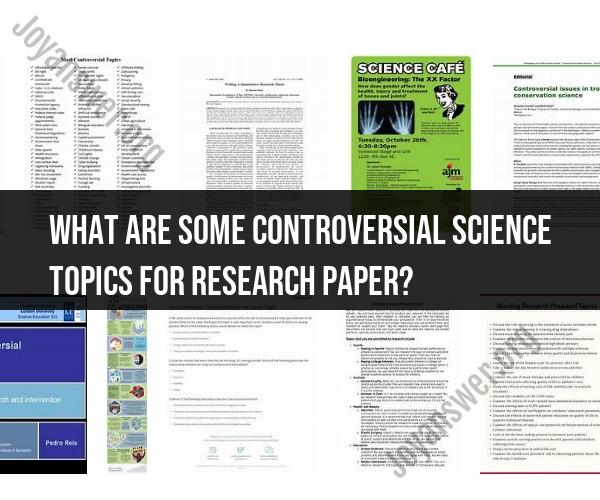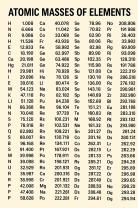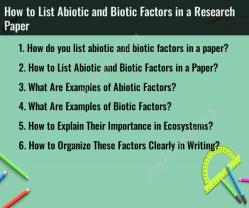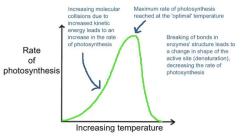What are some controversial science topics for research paper?
Controversial science topics can be engaging and thought-provoking for research papers. Here are some stimulating ideas across various scientific disciplines:
1. Climate Change and Global Warming:
- Assessing the human impact on climate change.
- Controversies surrounding climate policy and climate denialism.
2. Genetic Engineering and CRISPR Technology:
- The ethics of editing the human genome.
- Genetically modified organisms (GMOs) in agriculture and their potential risks.
3. Vaccination and Vaccine Hesitancy:
- Examining the safety and efficacy of vaccines.
- Understanding the causes of vaccine hesitancy and its consequences.
4. Artificial Intelligence and Machine Learning:
- Bias and discrimination in AI algorithms.
- Ethical concerns related to autonomous weapons and AI in healthcare.
5. Stem Cell Research:
- The ethical debate over embryonic stem cell research.
- The potential of stem cells in regenerative medicine.
6. Space Exploration and Colonization:
- The ethical implications of space colonization.
- Space debris and its impact on the environment.
7. Nuclear Energy and Weapons:
- The risks and benefits of nuclear power.
- Non-proliferation efforts and the use of nuclear weapons.
8. Animal Testing and Ethics:
- The ethical considerations of using animals in scientific research.
- Alternatives to animal testing and their effectiveness.
9. Antibiotic Resistance:
- The overuse of antibiotics and its contribution to antibiotic resistance.
- Strategies to combat antibiotic-resistant bacteria.
10. Gender and Science:- Gender disparities in STEM fields and academia.- Promoting diversity and inclusion in science.
11. Nanotechnology and Ethical Concerns:- The potential risks of nanotechnology in consumer products.- Ethical implications of nanoscale technologies in medicine.
12. Biotechnology and Bioethics:- Cloning and the creation of human-animal hybrids.- Ownership and patenting of genetic information.
13. Quantum Computing and Cybersecurity:- The impact of quantum computing on encryption and cybersecurity.- Ethical concerns surrounding quantum surveillance.
14. Psychedelics and Mental Health:- The therapeutic potential of psychedelics in treating mental health disorders.- The legal and ethical challenges of psychedelic research.
15. Geoengineering and Climate Intervention:- Exploring controversial strategies to mitigate climate change, such as solar radiation management.- Environmental and ethical concerns associated with geoengineering.
When choosing a controversial science topic for your research paper, it's essential to thoroughly research and consider multiple perspectives on the issue. Additionally, adhere to ethical guidelines and regulations in conducting your research, especially when dealing with sensitive subjects.













